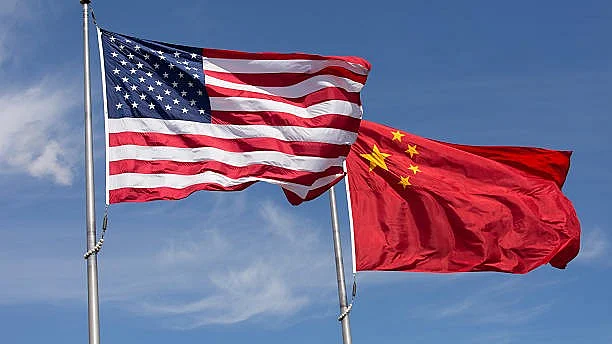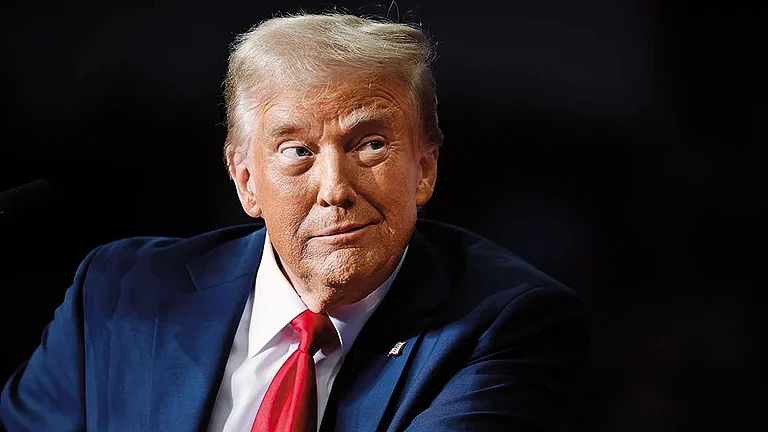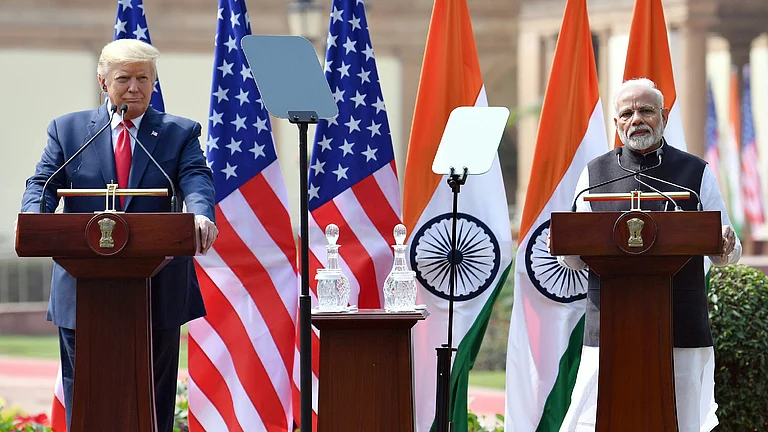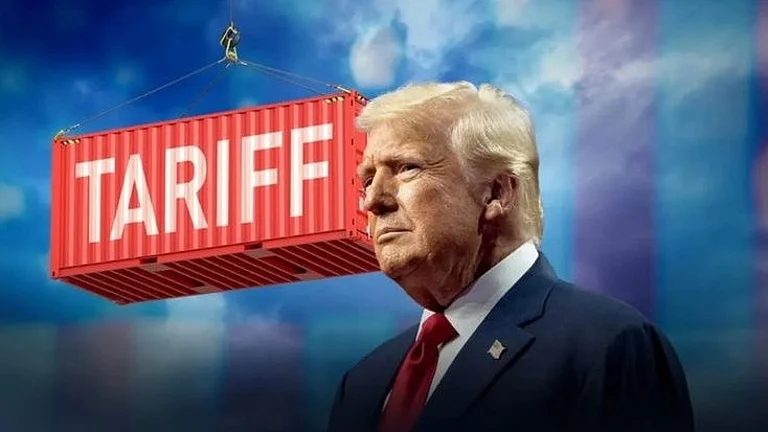
China imposes new port fees on US ships amid trade tensions.
US retaliates with fresh tariffs on Chinese imports and ship fees.
Beijing says duties protect its shipping industry from discriminatory US measures.
Both sides signal talks ahead despite escalating tariffs and port fee disputes.
As trade tensions intensify between the two largest economies, the US and China is ready to start charging port fees on each other’s ships from Tuesday.
China has stated that the duties aim to protect the country’s shipping industry from "discriminatory" measures and apply to US-owned, operated, built, or flagged vessels but not Chinese-built ships. Additionally, Beijing had announced levies last week to tighten controls on its rare earth exports.
US President Donald Trump also responded with a threat of an additional 100% tariff on China. In addition to that, new US tariffs came into effect on imported timber, kitchen cabinets and upholstered furniture on Tuesday, much of which comes from China.
What’s the Port Fee?
China’s transport ministry has confirmed that the fees will take effect at Chinese ports from October 14 when US ships arriving in China will pay 400 yuan ($56) per net tonne, rising to 640 yuan in April. In addition to that, the fees will also undergo more increases annually. According to a Times of India report, the ministry clarified that the charges apply to each voyage to China, not each individual port, and no ship will be charged more than five times a year.
The fees levied by China come as a retaliatory measure to US fees on Chinese ships, which Washington claimed was designed to support American shipping companies. These charges was imposed by the US after an investigation into China’s shipbuilding sector, initiated under the previous US administration.
Impact on China and Beijing’s Response
On Monday, US Treasury Secretary Scott Bessent said that Trump and China's President Xi Jinping are still expected to meet in South Korea in late October as they try to de-escalate trade tensions.
Addressing the matter, Bessent said, "The 100% tariff does not have to happen... The relationship, despite this announcement last week, is good. Lines of communication have reopened, so we'll see where it goes.”
"China's position is consistent. If there's a fight, we'll fight to the end; if there's a talk, the door is open," a Chinese commerce ministry spokesperson on Tuesday as quoted by BBC.
Further, China said in a statement, "The US cannot demand talks while simultaneously imposing new restrictive measures with threats and intimidation. This is not the right way to engage with China.”
Additionally, Chinese state media said that the US duties on Chinese ships violated a maritime transport agreement between the two countries.
In retaliation, US-linked ships berthing at Chinese ports are now charged 400 yuan (£42; $56) per net tonne, Chinese state media CCTV stated.
The duties are very similar to the port fees imposed by Washington and the same will also apply to ships operated by US firms, and those in which an American company holds a stake of 25% or more.
The fees will rise each year, reaching 1,120 yuan per tonne in April of 2028, state broadcaster CCTV said.
Ships carrying dry bulk cargoes like coal and other raw materials could have to pay up to $3m in port fees from today, freight analyst Claire Chong noted as quoted by BBC.
The latest move come despite Washington and Beijing agreeing a tariffs truce earlier this year. The two sides had agreed to drop triple-digit tariffs on each others' goods in May, which had raised the prospect of trade halting between them. This left US tariffs on Chinese goods facing an added 30% levy compared with the start of the year, while US goods entering China face a 10% tariff.


































